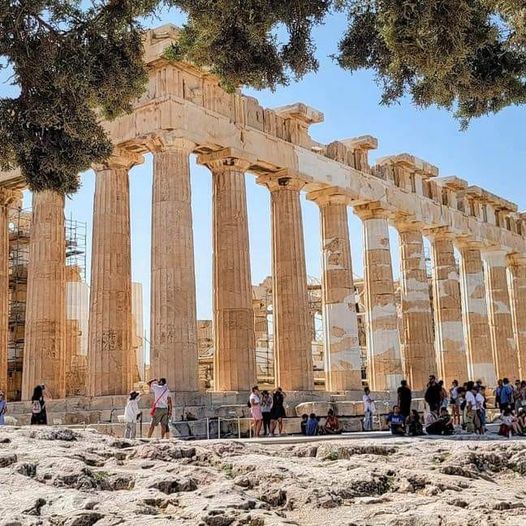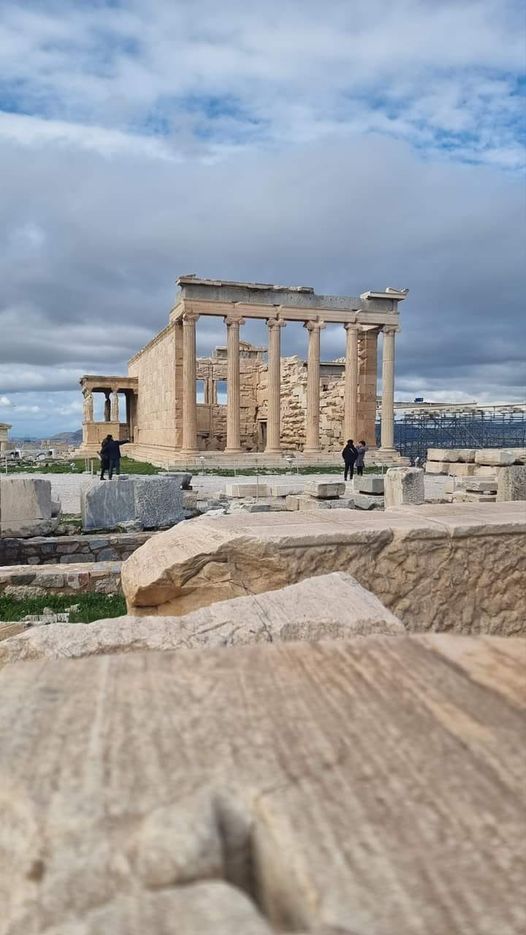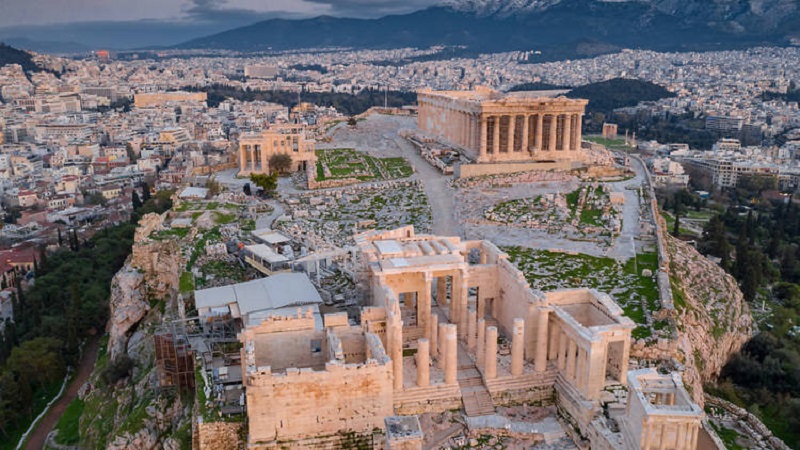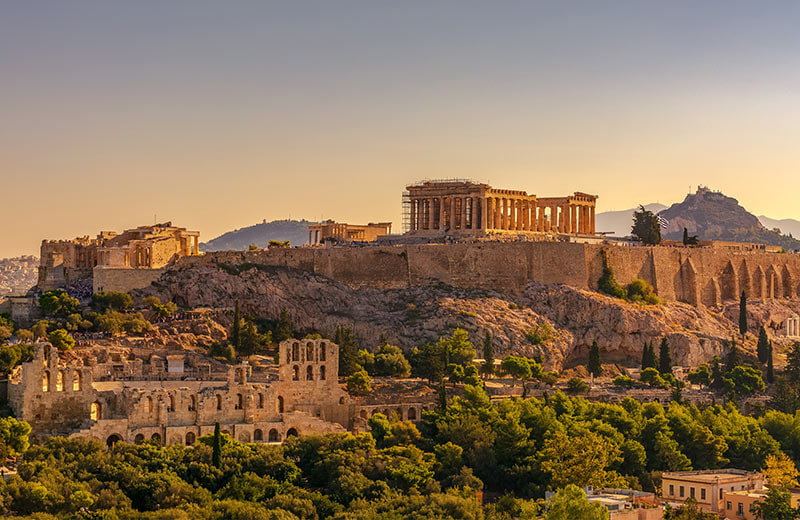Nestled on a rocky outcrop above the city of Athens, the Acropolis remains a monumental symbol of the artistic and intellectual achievements of Ancient Greece. Home to several iconic structures, including the Parthenon, the Erechtheion, and the Temple of Athena Nike, the Acropolis offers a window into the rich history and culture of classical antiquity.

Historical Significance
The Acropolis of Athens is not only an archaeological treasure but also a site of significant historical value. It was developed in the 5th century BC during the height of the Athenian empire and has since stood as a testament to the glory and power of Athens. The site was dedicated to Athena, the city’s patron goddess, which explains the presence of multiple temples and sanctuaries within its precincts.

Architectural Marvels
The Parthenon, the most famous building on the Acropolis, dominates the skyline. This temple, dedicated to Athena Parthenos, was completed in 438 BC and is renowned for its Doric architecture and stunning sculptural details, which embody the pinnacle of ancient Greek artistry. The structure has served various roles throughout history, from temple to mosque, and even as a powder magazine during wartime, reflecting the tumultuous history of Athens itself.
Cultural and Artistic Hub
The Acropolis is not just a symbol of ancient Greek architectural prowess but also a center for cultural and artistic expression. The sculptures and friezes that adorn these ancient buildings depict various mythological scenes and have been subjects of extensive study and admiration. Despite suffering significant damage over the centuries, including during conflicts and due to environmental factors, ongoing restoration efforts strive to preserve its artifacts for future generations.

Modern Relevance and Preservation
Today, the Acropolis stands as a beacon of ancient history amidst the bustling modern city of Athens. It is a major tourist destination, attracting millions of visitors who come to marvel at its historic structures and sweeping views of Athens below. Preservation efforts are crucial in maintaining the structural integrity and historical accuracy of the site, as it continues to be exposed to the natural elements and the pressures of modern tourism.

The Acropolis of Athens remains one of the most studied and visited archaeological sites in the world. It not only offers insight into ancient Greek civilization but also continues to inspire and educate those who walk its ancient pathways. As Athens evolves, the Acropolis remains a steadfast reminder of the city’s glorious past, standing proudly as a monument to human creativity and endurance. Whether viewed against the backdrop of a clear blue sky or the vibrant hues of a sunset, as captured beautifully in the photograph, the Acropolis of Athens continues to captivate and enchant visitors from around the globe.


